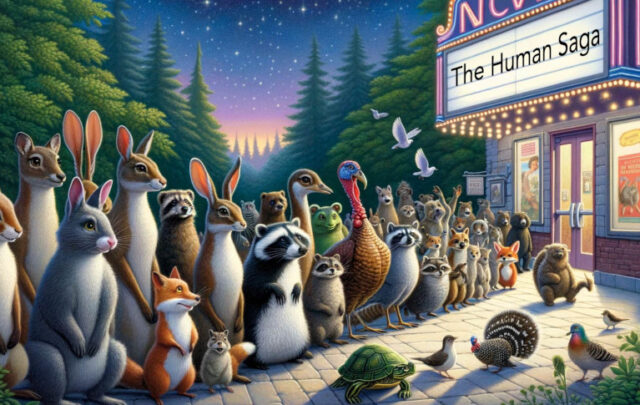Click on the headline (link) for the full text.
Jeremy Irons talks trash for his new environmental documentary
Leo Hickman, The Guardian
Jeremy Irons, the Oscar-winning actor, has teamed up with the British filmmaker Candida Brady to produce a new feature-length documentary called Trashed. It sets out to "discover the extent and effects of the global waste problem, as he travels around the world to beautiful destinations tainted by pollution".
Ahead of its first theatrical screenings in the US later this month, Irons answered my questions about the film via email…
You travel widely in the film – Vietnam, France, Iceland, Beirut, San Francisco, Yorkshire, the world’s oceans – to report both on the problems and potential solutions associated with wasteful consumerism. Which places/people stood out for you – and why?
Each place had its particular effect on me. Sidon [south of Beirut] showed me what happens if you do nothing. [The film shows a huge rubbish dump on the beach.] Iceland showed me how state agencies can so easily be seduced by experts who promise to make their problems go away, but who become conspicuously absent when their promises do not deliver. With so many "Waste to Energy" plants applying for planning in the UK, Iceland and France’s experience of them was a real eye-opener for me. The danger of dioxins in our environment, our food chain and our bodies is difficult to illustrate, since they are not visible to the naked eye. My time in Vietnam allowed me to see the result of large quantities of them, and therefore understand better the insidiousness of the smaller quantities that have found their way into our lives and bodies. Yorkshire and Gloucestershire, with their massive toxic waste mounds, showed me the extent of the problem in my own back yard. Since we filmed, these problems have been further exacerbated by the recent research showing that the clay used under liners, designed to prevent contamination of ground water, actually enhance the process of the toxins leaching out!
And San Francisco gave me enormous hope that, if the will is there, then these problems can be dealt with, and in a commercially profitable way.
(11 December 2012)
Sweden turns trash into cash as EU seeks to curb dumping
Anna Ringstrom, Reuters
With a strong tradition of recycling and incinerating, it now has too many waste-to-energy incinerators and not enough rubbish to meet demand. It has become Europe’s biggest importer of trash from other countries, currently mainly from Norway.
But as the European Union seeks to reduce the dumping of 150 million tonnes of rubbish in huge landfills each year, Sweden sees a chance to import more waste from other EU states too.
"It sounds almost foul to be importing waste, but the import to Sweden is not a problem. The dumping in landfills abroad is a huge problem," said Weine Wiqvist, head of trade association Swedish Waste Management.
Sweden is not the only EU country importing trash – Germany, Belgium and the Netherlands do too. Germany is the biggest in actual amounts, but as a share of rubbish burnt, Sweden is the leading importer…
(26 November 2012)
Suffocating The World
Learnstuff.com
You’re standing in line at the grocery store when you realize that you don’t have your reusable bag. You’ll have to get a plastic bag. Again. You feel bad for a moment and then think that it’s just one bag. But it isn’t …
In the U.S. alone, 280 billion plastic bags are used each year, which is enough to stretch around the earth nearly 30,000 times. Making and using plastic bags has more repercussions than you might think. Check out the following infographic to see how exactly plastic bags affect our cities, our environment and even our economy.







